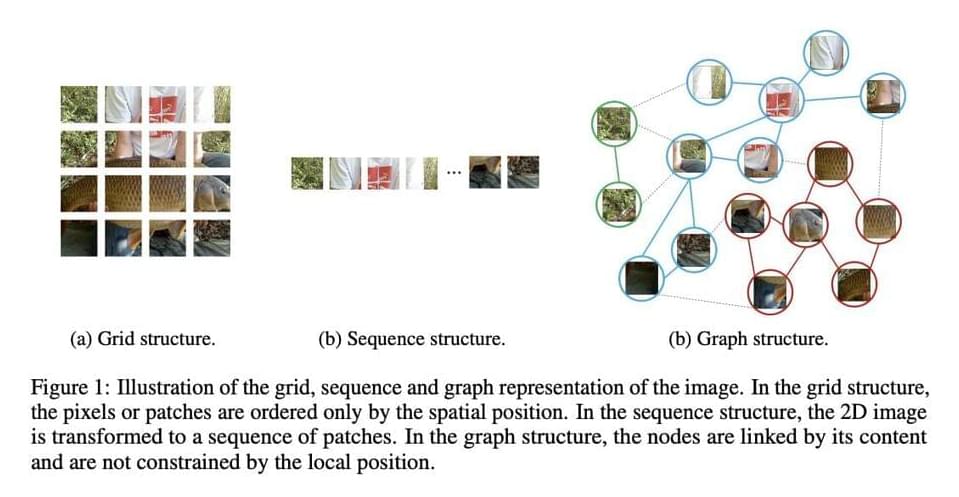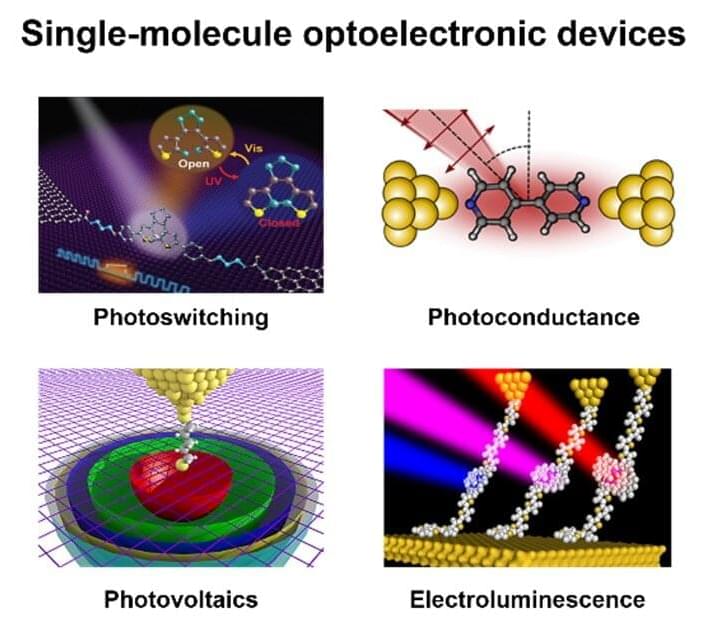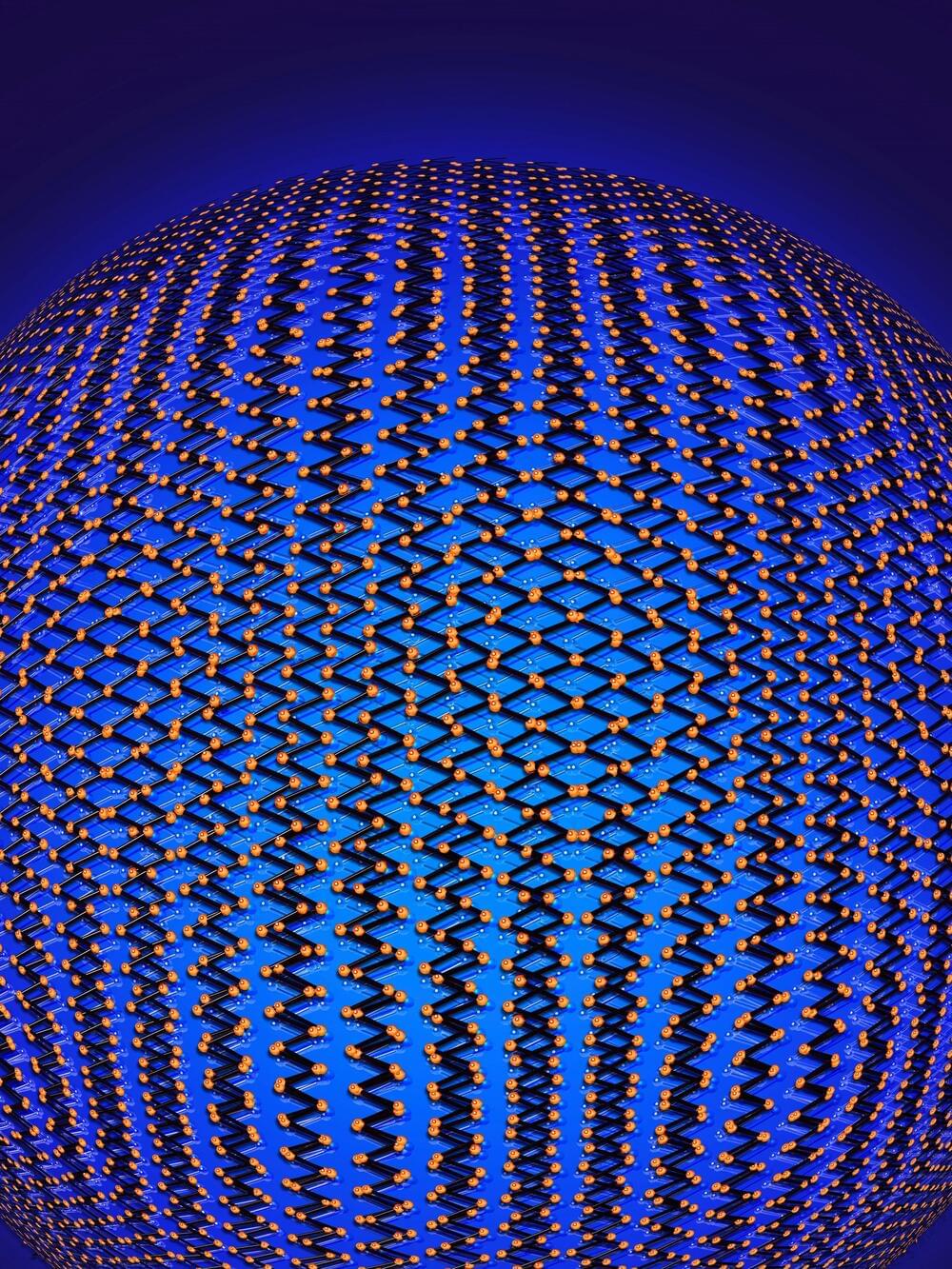View insights.
A collection of 16 qubits has been organized in such a way that they may be able to operate any computation without error. It is an important step toward constructing quantum computers that outperform standard ones.
When completing any task, a quantum computer consisting of charged atoms can detect its own faults. Because conventional computers constantly detect and rectify their own flaws, quantum computers will need to do the same in order to fully outperform them. Nevertheless, quantum effects can cause errors to propagate rapidly through the qubits, or quantum bits, that comprise these devices.
Lukas Postler and his team from the Austria’s University of Innsbruck have created a quantum computer that can perform any calculation without error.








